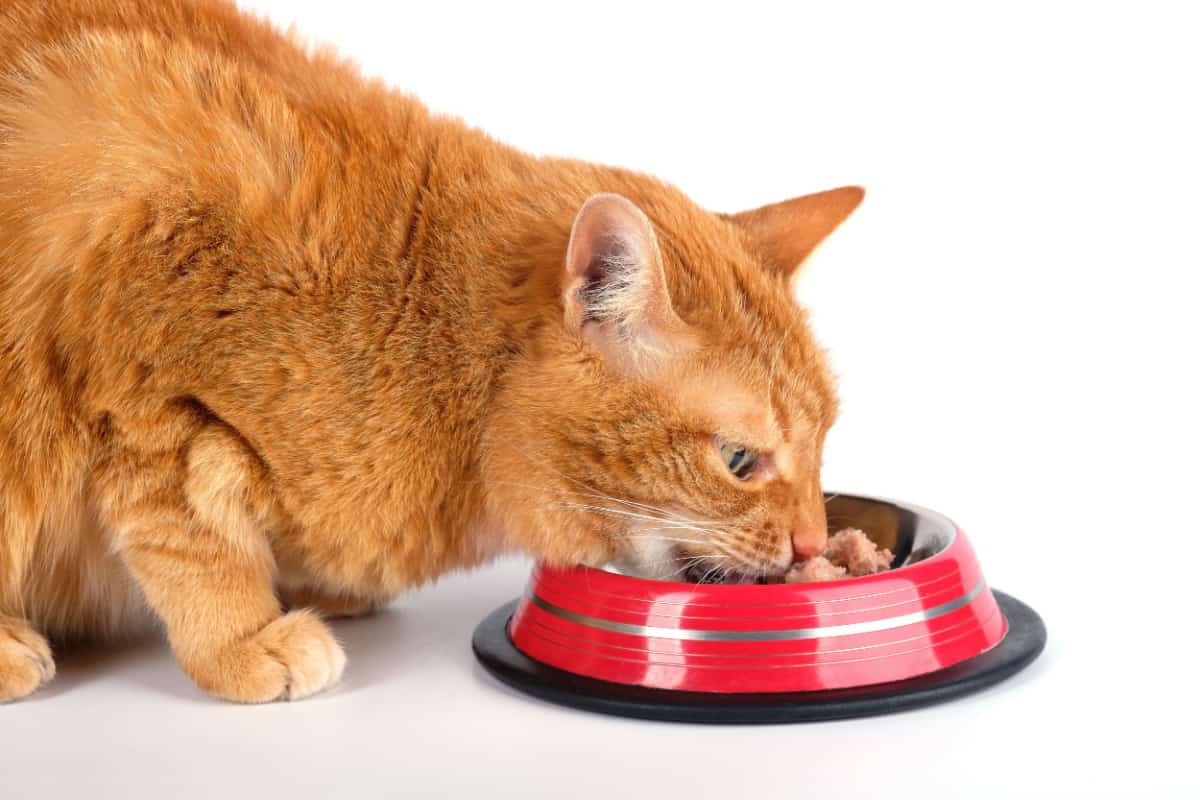Scarfing down food, a common practice in our fast-paced lives, has significant implications for our health and social interactions. This article delves into the negative effects of rapid eating, exploring its impact on digestion, metabolism, and social etiquette. We’ll also uncover the psychological factors that drive this behavior and provide practical strategies for slowing down our eating pace.
Rapid eating can lead to indigestion, bloating, and other digestive issues. It also affects nutrient absorption and satiety, leaving us feeling hungry sooner. Moreover, scarfing down food can be perceived as impolite in certain social settings, affecting our relationships.
Health Impact of Scarfing Down Food

Eating quickly can have detrimental effects on digestion and metabolism. When food is consumed too rapidly, the body is unable to properly break it down and absorb nutrients efficiently.
Rapid eating can lead to a range of health problems, including:
- Indigestion
- Heartburn
- Gas and bloating
- Constipation
- Weight gain
Role of Stress and Anxiety
Stress and anxiety can contribute to overeating and rapid eating. When people are stressed or anxious, they may turn to food for comfort or to cope with negative emotions. This can lead to a cycle of overeating and weight gain.
Social Etiquette and Scarfing Down Food
In various cultures and social settings, the speed at which individuals consume food is subject to specific norms and expectations. These norms can significantly impact social interactions and influence how individuals perceive one another.
In formal dining situations, such as banquets or business dinners, it is generally considered impolite to eat quickly. This is because scarfing down food can convey a lack of respect for the hosts and fellow diners. It can also disrupt the flow of conversation and make it difficult for others to enjoy their meals.
Acceptable Situations
- In casual settings, such as family meals or gatherings with friends, it may be more acceptable to eat quickly if everyone is doing so. This is because the focus is often on enjoying the company rather than adhering to strict dining etiquette.
- In certain cultures, such as Japan, it is considered acceptable to slurp noodles as a sign of appreciation for the food. This is because the slurping sound indicates that the noodles are being enjoyed.
- When individuals are in a hurry or have limited time, it may be necessary to eat quickly. However, it is still important to be mindful of the social context and to avoid appearing disrespectful.
Unacceptable Situations, Scarfing down food
- In formal dining settings, scarfing down food is generally considered unacceptable.
- When dining with individuals from other cultures, it is important to be aware of their customs and expectations regarding eating speed.
- In situations where eating quickly may cause discomfort or inconvenience to others, it is best to avoid doing so.
Questions Often Asked
Does scarfing down food cause weight gain?
Rapid eating can lead to overeating and reduced satiety, potentially contributing to weight gain.
How can I slow down my eating speed?
Practice mindful eating techniques, use smaller plates, and engage in activities that promote relaxation while eating.

